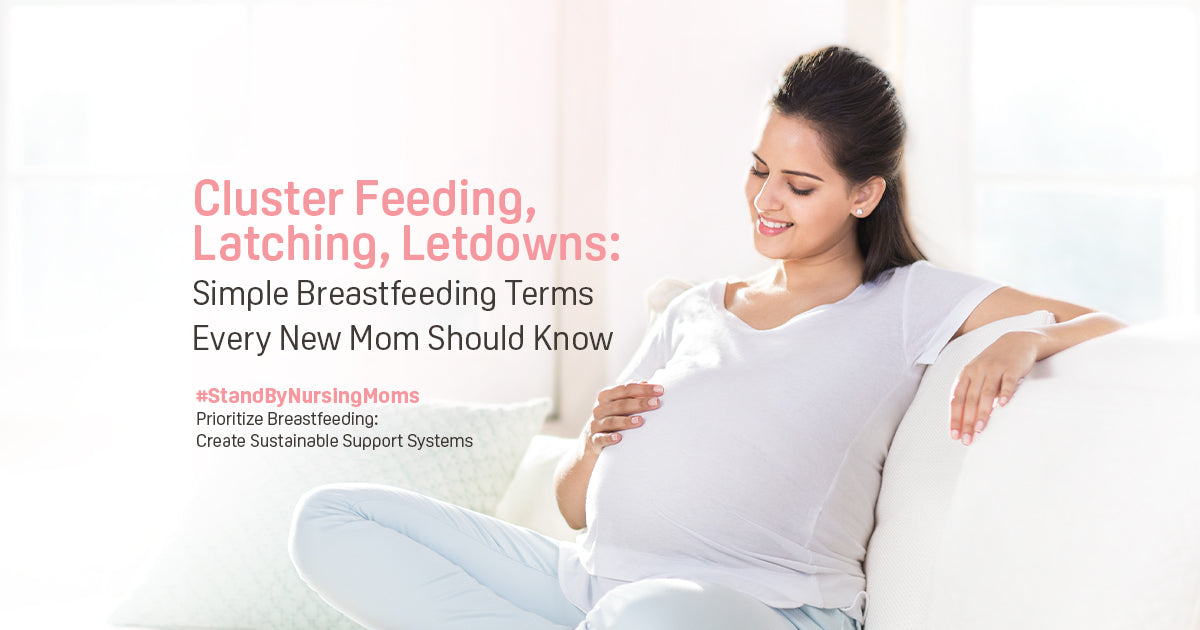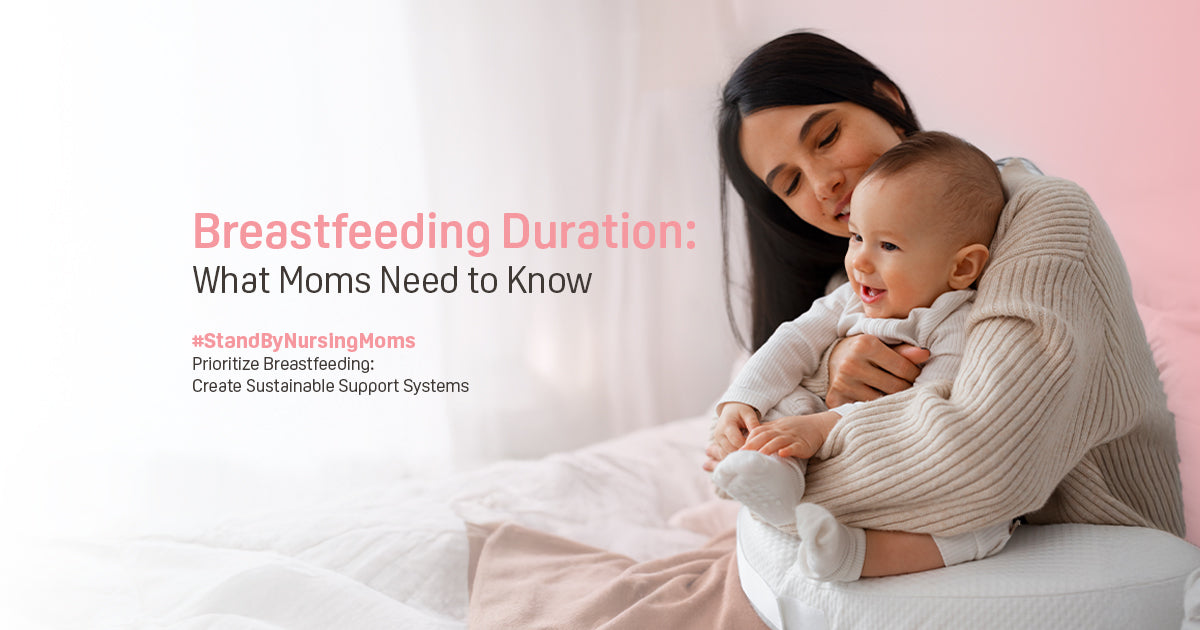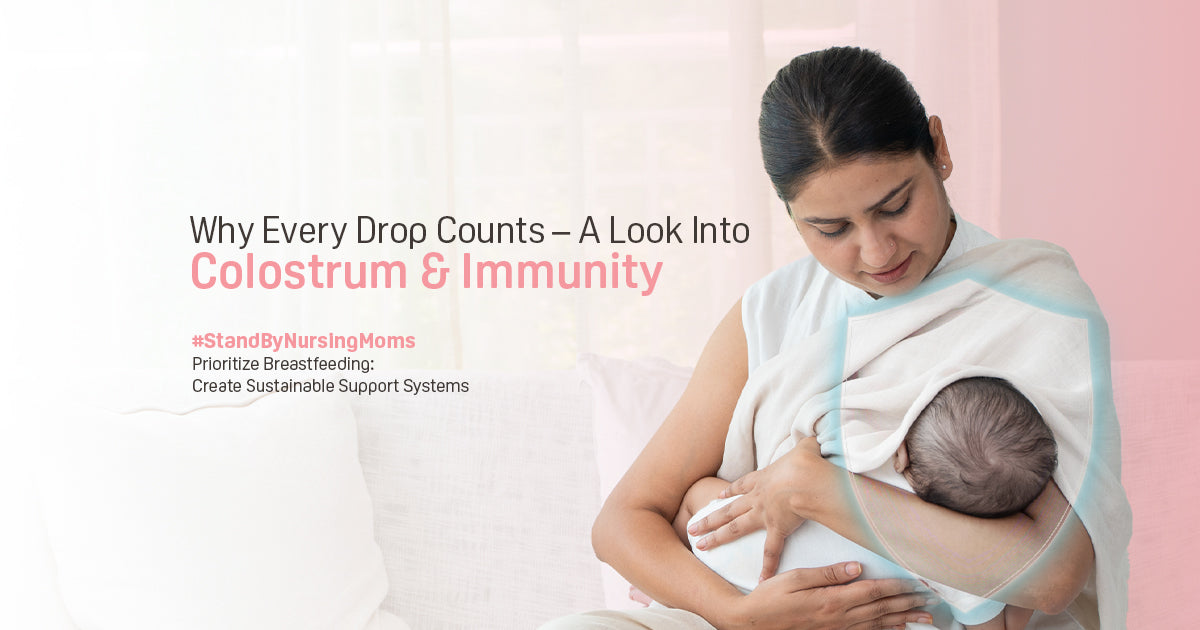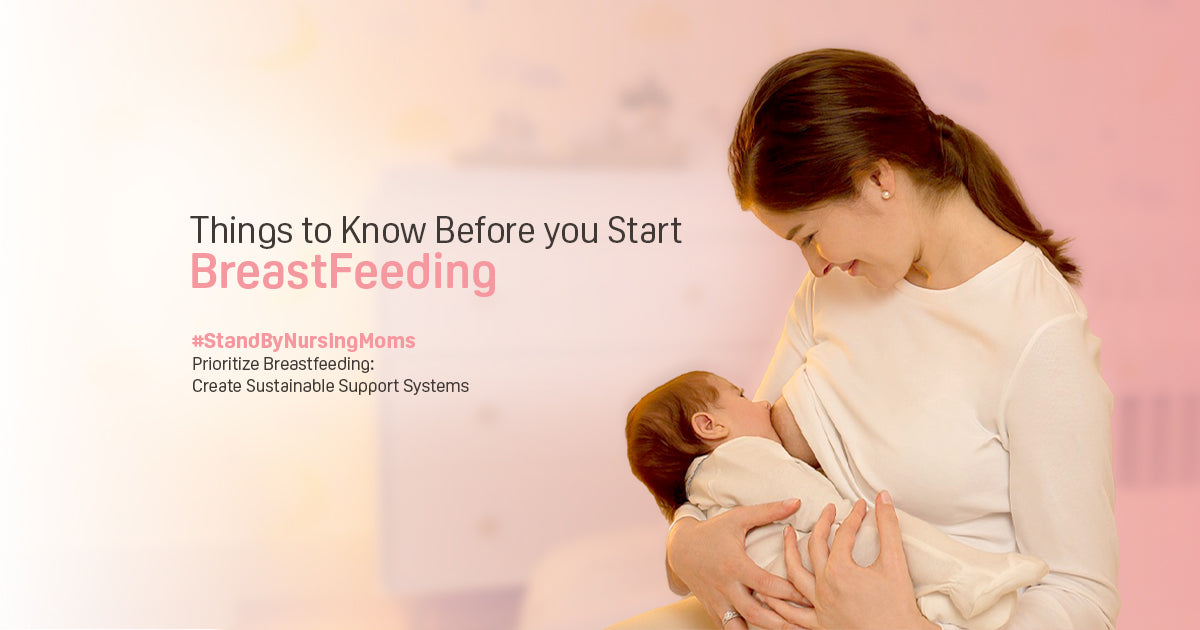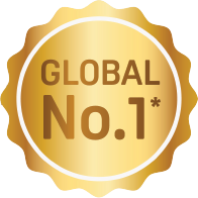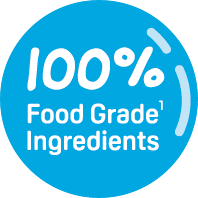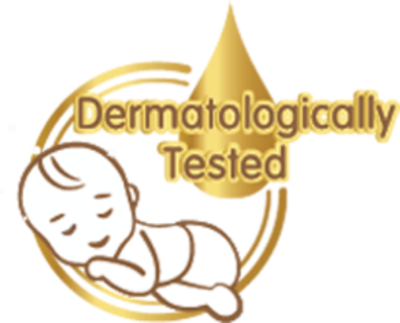Breastfeeding is one of the most natural and beneficial ways to nourish a newborn. But a common question many mothers ask is: How long should I breastfeed my baby? Let's break down the World Health Organization (WHO) recommendations and understand how they apply to parenting.
WHO Guidelines on Breastfeeding
The World Health Organization recommends:
- Exclusive breastfeeding for the first 6 months of life. That means no other food or drink, not even water.
- After 6 months, continued breastfeeding along with appropriate complementary foods for up to 2 years or beyond.
This approach ensures optimal growth, development, and immunity for your baby.
Why 6 Months of Exclusive Breastfeeding Matters
For infants, breast milk provides:
- Complete nutrition in the early months
- Protection against common infections like diarrhea and pneumonia
- Enhanced immunity during early childhood
- Emotional bonding with the mother
Why Continue Breastfeeding Beyond 6 Months?
Even after you introduce solid foods (like mashed fruits, khichdi, or dal water), breast milk remains a vital source of nutrition. In fact:
- It provides up to 50% of a child’s energy needs between 6–12 months
- Around one-third of energy needs between 12–24 months
- Helps reduce the risk of obesity, allergies, and chronic illnesses
For children, who may be more vulnerable to nutritional deficiencies, extended breastfeeding offers a protective shield.
Tips for Following WHO Breastfeeding Guidelines in India
- Join a breastfeeding support group or online community
- Use breast care products like nursing pads, nipple creams, or pumps for convenience
- Educate your family about breastfeeding benefits
- Consult a lactation expert if you're facing challenges
Final Thoughts
Every breastfeeding journey is different. While WHO provides the gold standard, it’s okay to adapt it to your comfort and needs. What matters most is that you feel informed, supported, and empowered in your decision.
Disclaimer: This blog is for informational purposes only. Always consult your pediatrician or lactation consultant for personalized guidance.



